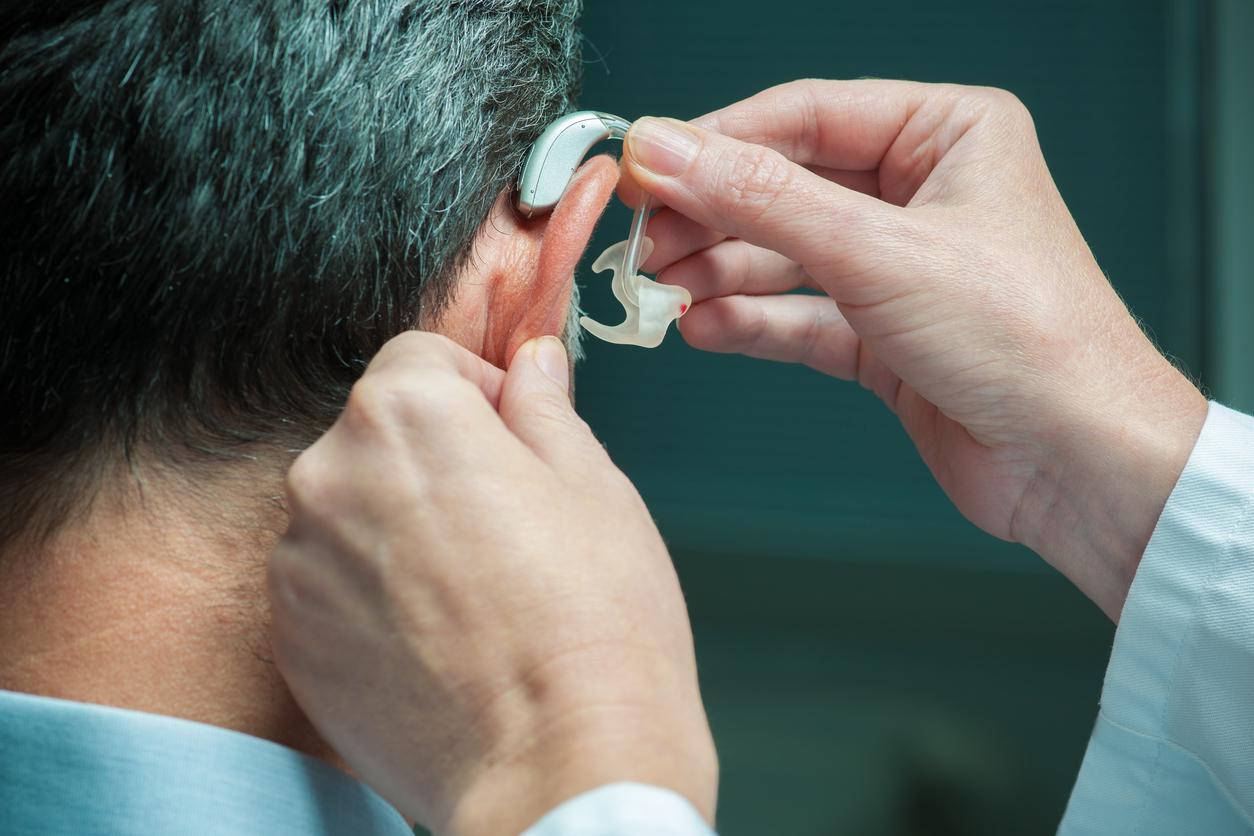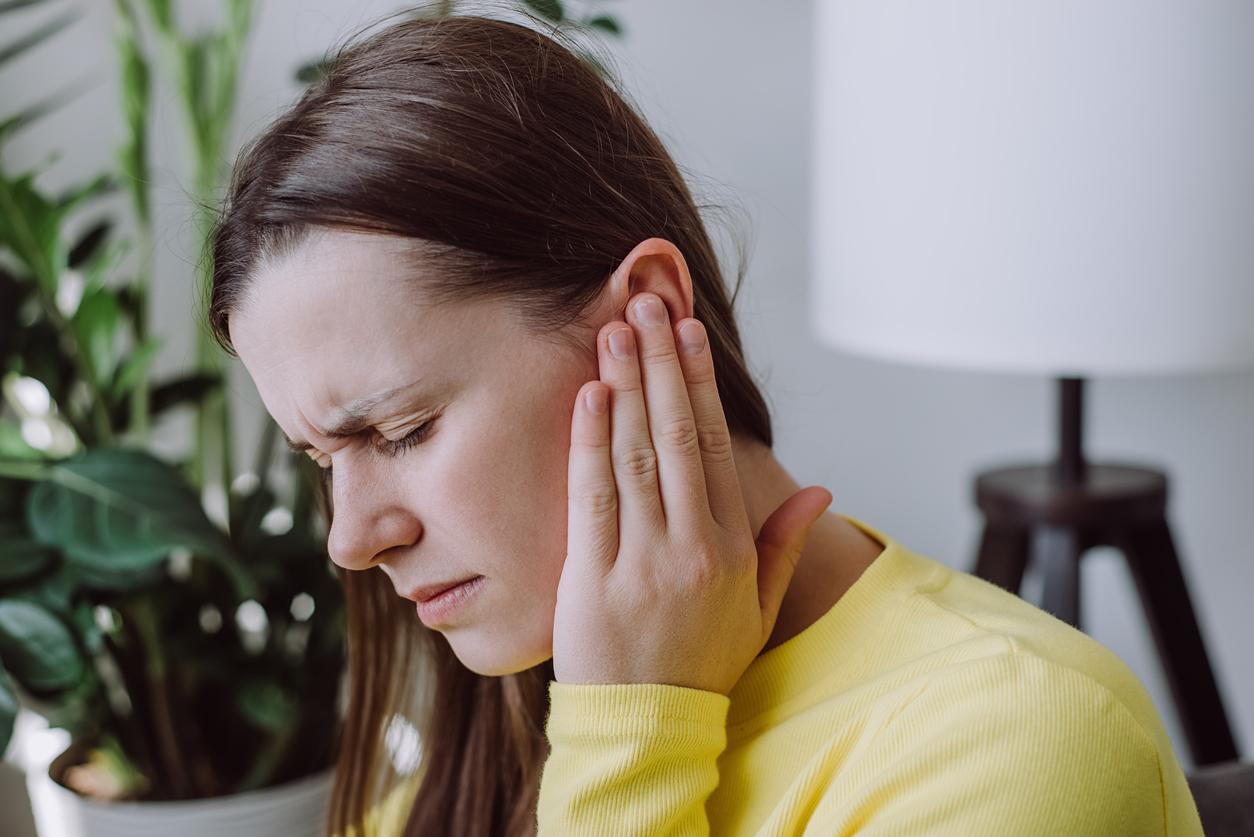People over the age of 45 who have vision problems, hearing problems, or both are more likely to have a stroke or heart attack.

- Patients suffering from visual loss have a 24% increased risk of cardiac arrest, stroke, heart attack, chest pain or severe arrhythmia.
- Adults with hearing loss are 20% more likely to develop cardiovascular disease.
- In case of simultaneous vision and hearing problems, the risk rises to 35%.
“Given the severity of cardiovascular disease and sensory impairments, as well as the lack of research in this area,” scientists from the Jiangnan University School of Medicine in Wuxi (China) wanted to assess the impact of hearing loss, vision loss and both simultaneously on the risk of developing cardiac and vascular pathologies. To do this, as part of a study, they examined data from a survey of 11,332 Chinese adults aged 45 and over. The participants, who had no history of cardiovascular disease, provided information on their hearing and vision in 2011.
Vision, hearing: a double sensory deficiency increases the risk of cardiovascular diseases by 35%
After seven years of follow-up, 2,156 volunteers reported having suffered a stroke, cardiac arrest, heart attack, chest pain or severe arrhythmia. Compared to people who reported no sensory problems, those with vision problems were 24% more likely to develop cardiovascular disease, and those with only hearing loss were 20% more likely to develop cardiovascular disease. Participants with dual sensory impairment had a 35% increased risk of cardiovascular disease.
Currently, the team does not know exactly why adults with hearing and vision problems are exposed to higher cardiovascular risks. However, they mentioned avenues, proven by previous research, such as the fact that vision loss presents several risk factors, in particular high blood pressure and obesity, undoubtedly because it is more difficult for them to ‘be physically active. Hearing loss can affect older people’s communication and cognitive abilities; it can lead to mental disorders (anxiety or depression) that make patients less sociable and less active, both risk factors for cardiovascular disease.

Stroke, heart attack: reduce the risk with “wearing glasses or hearing aids”
Faced with these results, published in the journal Journal of the American Heart Associationthe authors suggest that screening for sensory impairments, treating them with glasses or hearing aids, and paying attention to the cardiovascular health of people over 45 could help reduce risks. “We look forward to future research to evaluate the effect of wearing glasses or hearing aids on development“cardiovascular pathologies, concluded Xiaowei Zhengwho directed the work.

















